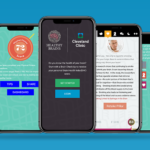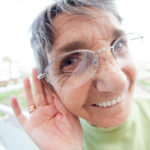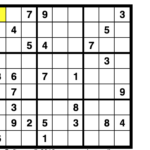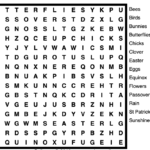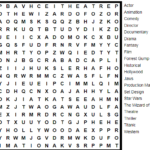 A Swiss memory study discovered that people who napped retained recently learned information better than those whose heads did not hit the pillow.
A Swiss memory study discovered that people who napped retained recently learned information better than those whose heads did not hit the pillow.
Researchers from the University of Geneva offered rewards to subjects who could remember sets of pictures they were shown, and those who napped before being quizzed performed better than those who simply rested.
“Rewards may act as a kind of tag, sealing information in the brain during learning,” said Dr. Kinga Igloi, who headed the study that appeared in the journal eLife. “During sleep, that information is favorably consolidated over information associated with a low reward and is transferred to areas of the brain associated with long-term memory.”
Study volunteers were randomly assigned to either a nap or wake group, and their brains were scanned while they were trained to remember pairs of pictures. Eight series of pictures were shown, and participants were told that remembering pairs in four of them would earn a higher reward.
Following a 90-minute break of either sleep or rest, they were tested on their memory and confidence of their answer. Participants also took a surprise retest three months later.
Both groups’ performance was better for highly rewarded picture pairs, but the sleep group performed better overall in both rounds of testing, and the nappers were more confident in their answers.
MRI scans revealed that the sleep group showed more activity in the hippocampus, a small area of the brain critical for forming memories.
Dr. Kate Zhong, senior director of clinical research and development for the Cleveland Clinic Lou Ruvo Center for Brain Health, said the Swiss study once again demonstrates the important role sleep plays in helping brains operate at their best.
“We have long known that people who get adequate rest are more likely to have healthy brains than those who don’t,” she said. “That is why it is one of our Pillars of Brain Health at HealthyBrains.org.”
Dr, Zhong noted that the flipside of saying people who napped performed better is that those who didn’t sleep performed worse.
“Sleep-deprived people make more mistakes at work and cause more accidents on the roadway,” Dr. Zhong said. “The research in eLife shows that lack of sleep hurt the subjects in the moment and haunted them three months later.”
Sources:
http://elifesciences.org/eLife-news/How-reward-daytime-sleep-boost-learning


